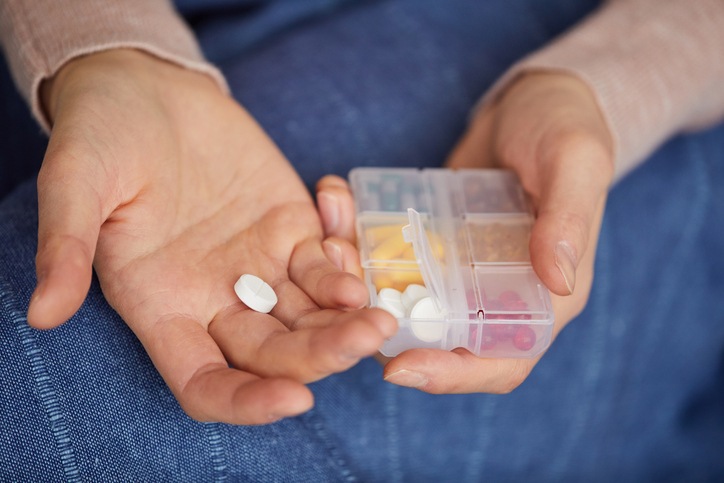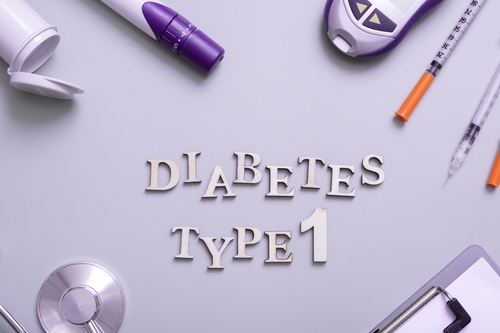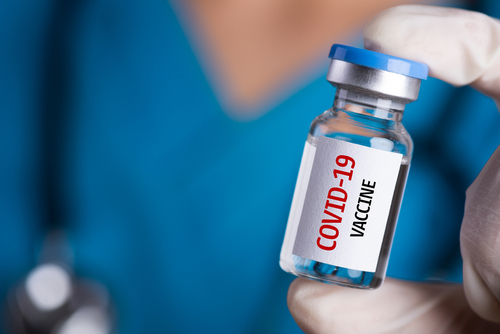
Glucocorticoids in the treatment of arthritis may increase the risk for COVID-19 infection, while targeted-synthetic/biological (ts/b) disease-modifying drugs (DMARDs) may reduce the risk, according to a study.
The study evaluated patients aged >18 years with a diagnosis of rheumatoid arthritis, undifferentiated arthritis, psoriatic arthritis, or spondyloarthritis from the arthritis outpatient clinic at two large academic hospitals in Northern Italy. Patients completed a face-to-face or phone interview that asked whether the patient tested positive for COVID-19 as well as the occurrence of acute respiratory illness. Patients were determined to have confirmed or highly suspicious cases of COVID-19.
Final analysis consisted of 2,050 patients. The mean was 58 years (± standard deviation, 15 years), two-thirds of the cohort was female, and the median arthritis duration was 10 years.
Overall, 62.3% of patients were being treated with ts/bDMARDs, either alone or in combination with conventional synthetic (cs) DMARDs; 18.6% of patients were taking hydroxychloroquine.
Cases of COVID-19 confirmed per nasopharyngeal-swab were reported in 23 patients, and an additional 29 patients had highly suspicious COVID-19 (acute respiratory illness after close contact with a confirmed COVID-19 test within the past 14 days); 261 patients experienced respiratory symptoms had no known contact with a positive COVID-19 case, and these patients were considered unlikely to have COVID-19.
Patients who were taking glucocorticoids had an independent increased risk of COVID-19, while those taking ts/bDMARDs had a lower risk of COVID-19. The adjusted odds ratio (aOR) for COVID-19 infection in patients taking glucocorticoids, depending on the definition used, ranged from 1.23 (95% confidence interval [CI], 1.04.1.44) to 3.20 (95% CI, 1.97-5.18). For ts/bDMARDs, the aOR raged from 0.46 (95% CI, 0.18-1.21) to 0.47 (95% CI, 0.46-0.48). csDMARDs, age, sex, and comorbidities did not have an independent impact on outcomes.
The study was published in Arthritis Research & Therapy.
“[T]his study provides all specialists facing the COVID-19 emergency with a very reassuring message about the possibility of suggesting rheumatic and musculoskeletal diseases patients to continue their current therapy with ts/bDMARDs without an increased risk and probably with a milder infection course. Conversely, the use of glucocorticoids especially a dose > 2.5 mg per day should be cautiously evaluated during the pandemic,” the researchers concluded.







 © 2025 Mashup Media, LLC, a Formedics Property. All Rights Reserved.
© 2025 Mashup Media, LLC, a Formedics Property. All Rights Reserved.